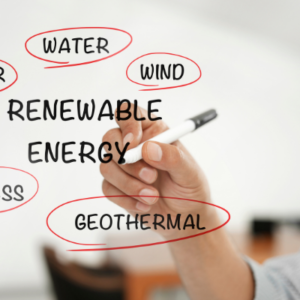ENGIE Energy Access (EEA) has released a White Paper titled “Maximising Impact: Transforming Grant Funding for Energy Access”, which advocates for a fundamental shift in the deployment of grant capital to close Africa’s energy access gap. The paper emphasizes that current funding approaches need to be redesigned to maximize impact and accelerate progress toward universal energy access.
Sub-Saharan Africa faces a critical moment in its energy transition. With less than five years remaining until 2030, the goal of ensuring affordable, reliable, sustainable, and modern energy for all is at risk. At the current pace, over 660 million people are projected to remain unelectrified by 2030. Since energy is a key enabler for health, education, economic development, and other interlinked development outcomes, failing to meet this target threatens broader progress across the continent.
Off-grid solar and mini-grid solutions have the potential to provide up to 40% of the necessary connections in a least-cost model. However, several challenges are impeding this progress, including a $12 billion funding gap for standalone systems and a funding landscape that is fragmented, risk-averse, and sometimes misaligned with the operational realities of frontier markets. These factors are making it increasingly difficult to achieve SDG7 and are leaving millions without access to modern, affordable energy.
EEA’s White Paper argues that while grant funding is essential, it is not being utilized to its full catalytic potential. Drawing on nearly two decades of experience in last-mile energy delivery across nine African countries, the paper highlights how rethinking the design and deployment of grant funding could unlock private sector capacity and deliver scalable, transformative impact for energy access in Africa.







